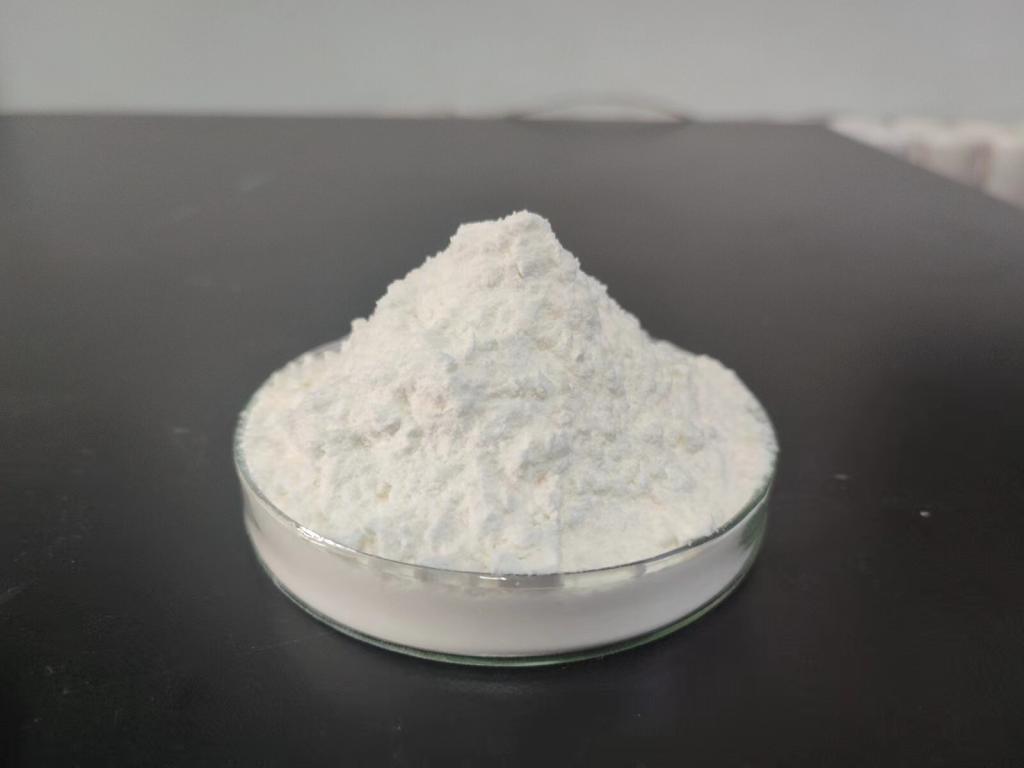Tel:+8618231198596

News
 CONTACT
CONTACT
 CONTACT
CONTACT
- Linkman:Linda Yao
- Tel: +8618231198596
- Email:linda.yao@dcpharma.cn
- Linkman:CHARLES.WANG
- Department:Overseas
- Tel: 0086 0311-85537378 0086 0311-85539701
News
Can ε-Polylysine hydrochloride be used in the preservation of baked goods or confectionery?
TIME:2023-06-01
Antimicrobial Properties of ε-Polylysine Hydrochloride:
ε-PL is known for its potent antimicrobial activity against a wide range of microorganisms, including bacteria, yeasts, and molds. Its effectiveness is attributed to its ability to interfere with the cellular membranes and protein synthesis of microorganisms. This property makes ε-PL a promising candidate for inhibiting the growth of spoilage and pathogenic microorganisms commonly found in baked goods and confectionery.
Shelf Life Extension:
Baked goods and confectionery are susceptible to microbial spoilage due to their high moisture content and nutrient availability. The incorporation of ε-PL in these products has shown promising results in extending their shelf life by inhibiting microbial growth. Studies have indicated that ε-PL effectively controls the growth of common spoilage microorganisms such as Bacillus, Escherichia coli, and Saccharomyces cerevisiae, thus enhancing product freshness and reducing the risk of foodborne illnesses.
Impact on Product Quality:
Preservatives must not only ensure microbial safety but also maintain the sensory attributes and quality of the preserved products. ε-PL has demonstrated remarkable stability and negligible impact on the taste, aroma, texture, and appearance of baked goods and confectionery. Its use does not alter the organoleptic properties significantly, ensuring that the preserved products retain their desired characteristics.
Regulatory Considerations:
Before incorporating ε-PL into baked goods and confectionery, it is essential to consider regulatory aspects and adhere to local and international standards. The regulatory status of ε-PL varies among countries, and it is essential to review the specific regulations governing its use in each target market. As of the publication of this article, ε-PL is generally recognized as safe (GRAS) by the U.S. Food and Drug Administration (FDA) for certain applications, but specific limitations and usage levels may apply.
Future Developments and Challenges:
As the demand for clean label and natural preservatives increases, further research and development are necessary to explore the full potential of ε-PL in the preservation of baked goods and confectionery. Future studies could focus on optimizing the concentration and application methods of ε-PL, investigating its interactions with other ingredients, and evaluating its effectiveness under different storage conditions. Additionally, addressing any regulatory gaps and ensuring consistent quality control are crucial for broader acceptance and utilization of ε-PL as a preservative.
Conclusion:
ε-Polylysine hydrochloride shows great promise as a natural preservative for baked goods and confectionery. Its antimicrobial properties, effectiveness in extending shelf life, and minimal impact on product quality make it an attractive alternative to traditional preservatives. However, further research, regulatory considerations, and industry collaboration are needed to unlock the full potential of ε-PL in the food preservation sector. With continued advancements, ε-PL could become a valuable tool for ensuring the safety and longevity of baked goods and confectionery while meeting the increasing consumer demand for natural and clean label products.
- Tel:+8618231198596
- Whatsapp:18231198596
- Chat With Skype







